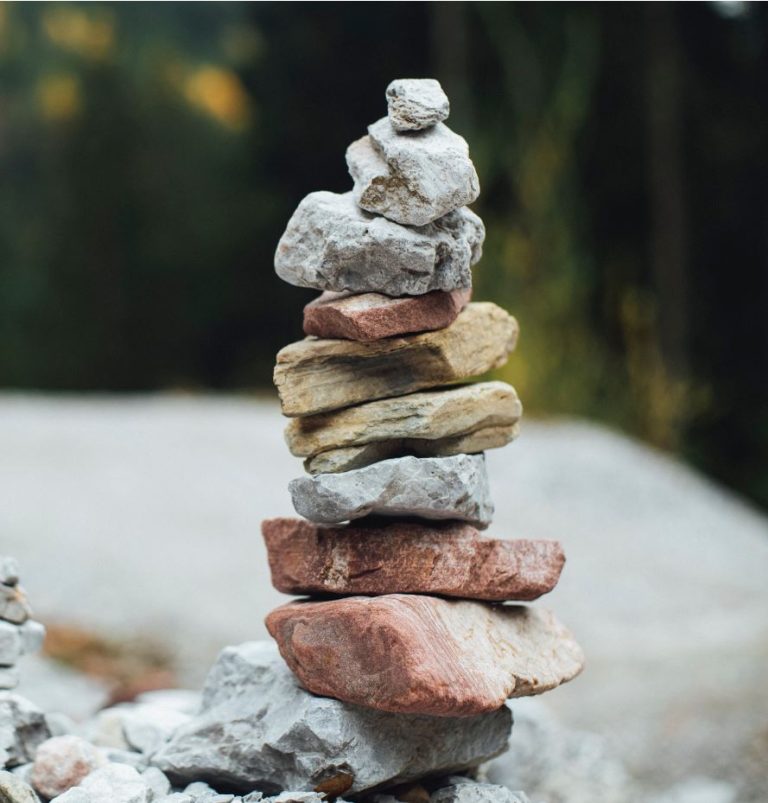When it comes to changing habits, from drug or alcohol dependence to admirable pursuits like working out or learning a new language, the goal always seems insurmountable. It is no small thing to end chemical dependency or to begin intense workouts three times a week; it is a major accomplishment to acquire a second tongue. These are worthwhile and achievable ambitions that take all the dedication a person can put into them. So I find it useful, when I want to change my habits, to start small.
I was taught the 1% method many years ago in college when I sought to improve my capabilities as both a student and an athlete. The basic idea is that no person wakes up one morning and just accomplishes a dream — there is no magic wand. Instead, what happens when a person bends their mind to realize an objective is the daily completion of small parts of that task. Many adages exist to this effect: “You gotta crawl before you walk and walk before you run,” and “Rome wasn’t built in a day,” to name a few. These are common and acceptable ways to approve small, progressive steps. But these axioms fall short in that they offer no practical solution for a driven person whose goal is clearly stated.
The 1% method is just that: becoming 1% better at your chosen pursuit every day. Formidable tasks can be split in this way with a little bit of examination, and I should stress that it is necessary to begin with a clearly declared objective. For example: Some languages depend on gendered nouns, so learning the correct way to indicate five objects in that language per day would be a way to make some progress toward that goal. By the same token, if your goal is to get up earlier each day and work out, you can set your alarm to go off just 30 minutes earlier for a few days in a row, and take a short walk when you wake.
The formation of new neural pathways in the brain takes about three weeks, and the repetition of the positive habit you’ve chosen helps reinforce not just the proper behavior, but the proper response to the behavior. Accomplishing small, 1% better tasks — which we know will improve or enrich our lives — makes us feel good. That short walk or those five nouns will begin to stick in our brains and elicit a positive neurochemical response, which will encourage us to at least maintain the good feelings we get from them. Once you have this habitual foundation, you can begin to build on it by, let’s say, learning verb conjugations with the agreeing pronouns or adding resistance exercises to your walk. Just 1% per day.
Two thousand years ago, Marcus Aurelius, the stoic emperor, made a statement about such pursuits of excellence in living: “The impediment to action advances action. What stands in the way becomes the way.” Whatever your goal may be, in sobriety, health, academia, or spirit, that goal will not diminish if you ignore it. It is necessary to apply the same natural method that carved the Grand Canyon and built all extant ancient monuments. A 1% improvement on a daily basis is a practical and achievable habitual change that yields massive results.
After all, no aspiration worthy of pursuit is easy — and they all seem impossible until they’re done.










